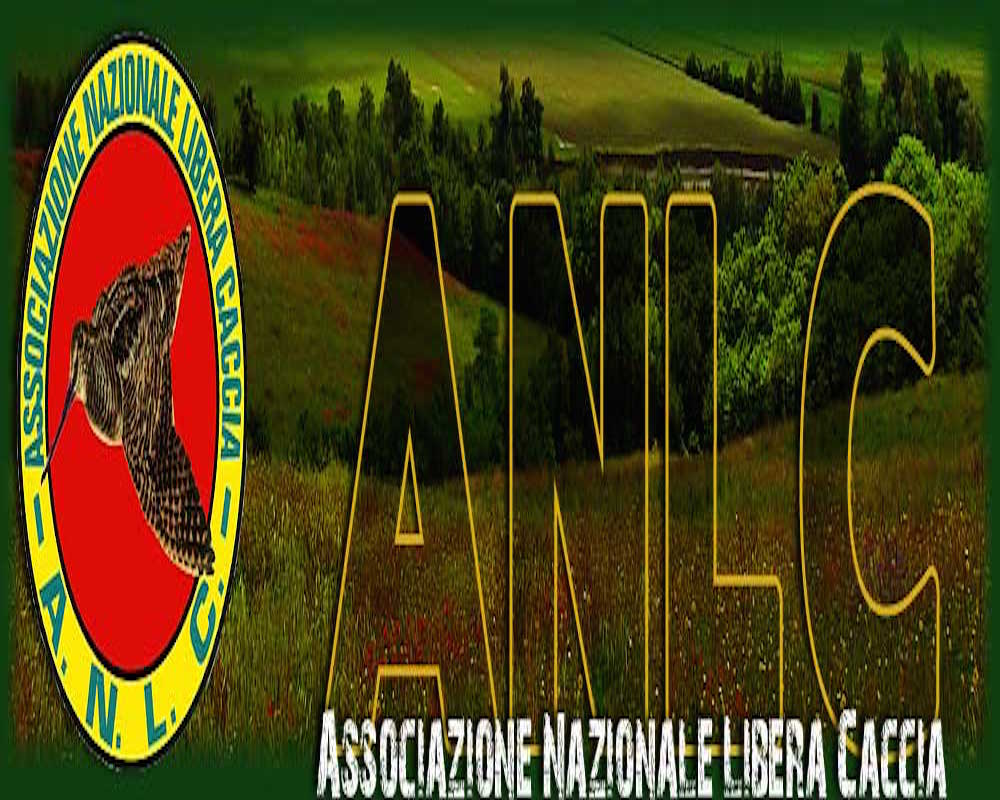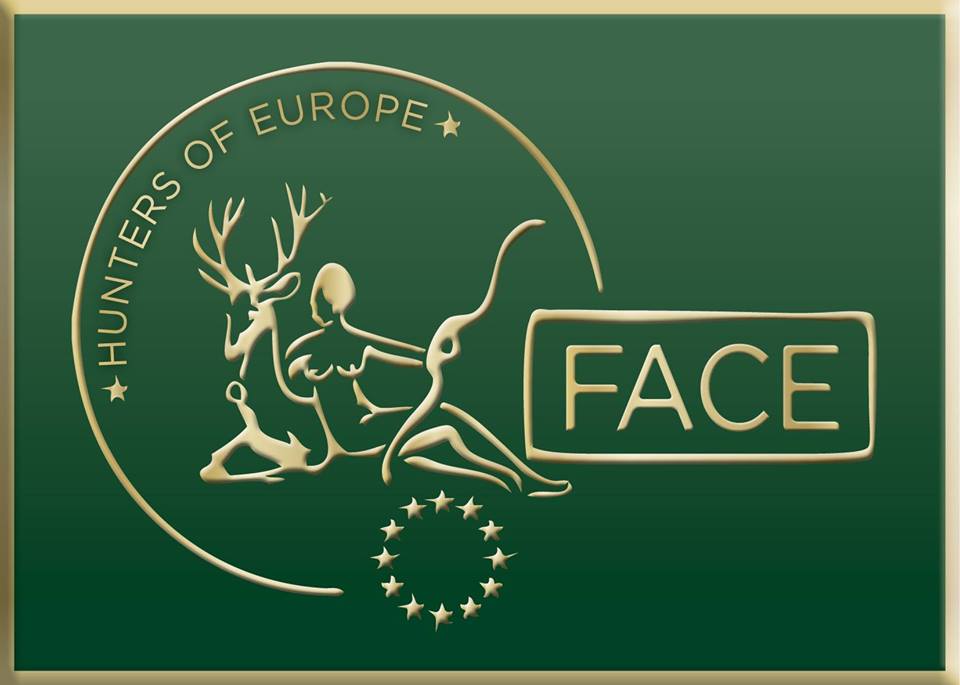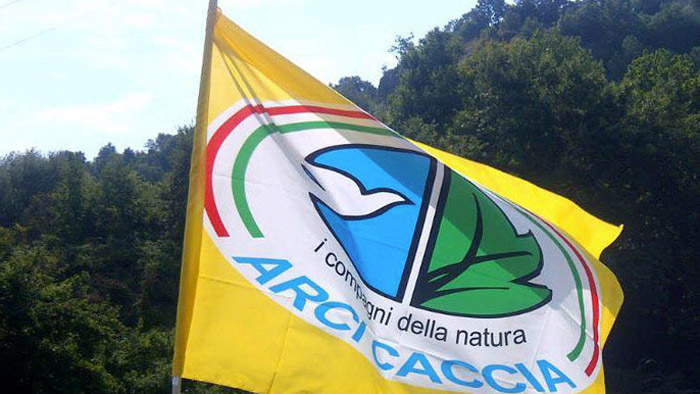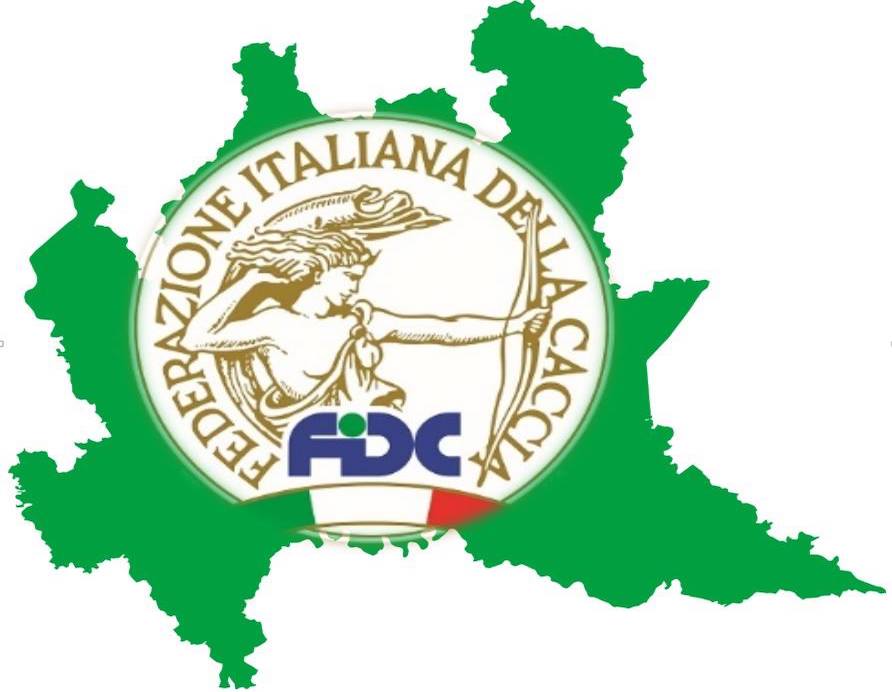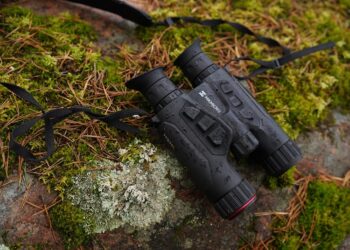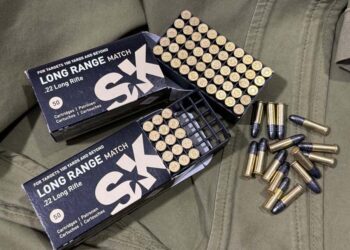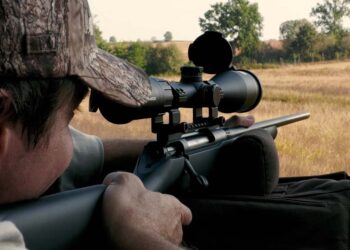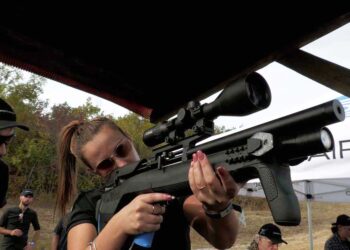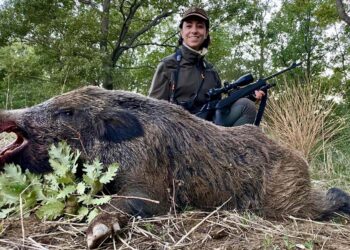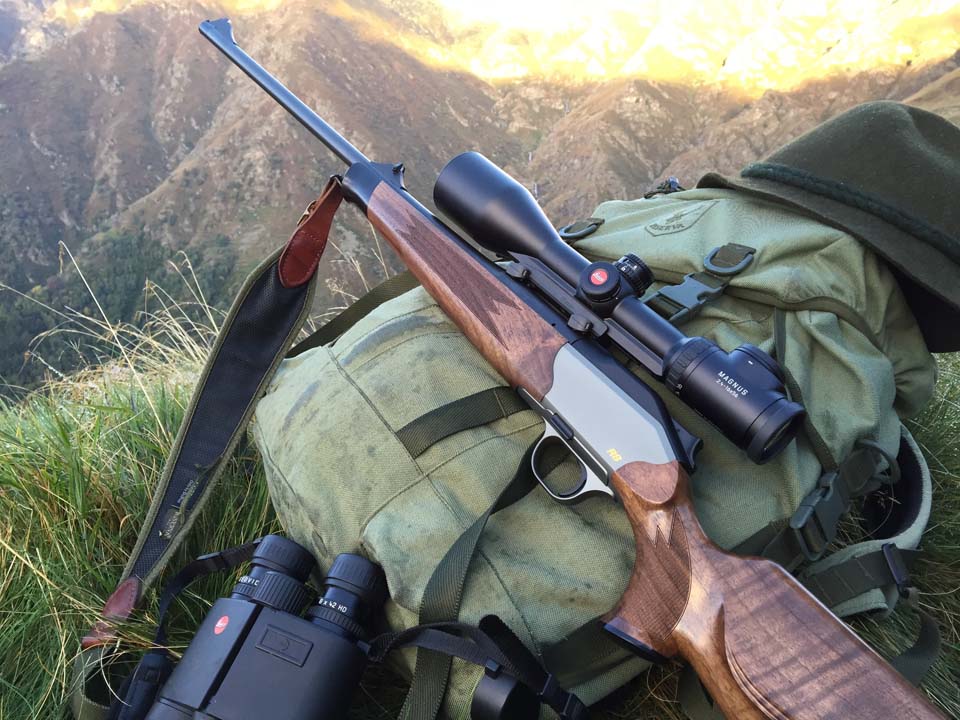Appointment in Brussels
In the important general and all-encompassing "cauldron" of Biodiversity, the items on the agenda of the hearing of 1 February at the European Parliament they were certainly not trivial or of little importance:
1) Lead in wetlands: possible exemptions and their duration;
2) Wolf size, problems and possible downgrading from particularly protected to protected species;
3) Import of hunting trophies
Absences that weighed
Evidently, however, given their total absence, the other recognized hunting associations had more pressing and more important problems than those on the agenda in Brussels. Only Libera Caccia has found the time and resources to intervene and make the voice of Italian hunters heard who are directly affected by these problems. In particular, the severe intransigence of the legislators who make the mere possession of ammunition while crossing even very small wetlands a criminal offence. This is a problem that must be tackled with a great sense of responsibility and pragmatism. First of all, with a suitable extension of implementation times and then with a more precise definition and identification of wetlands, limiting the sanctions to the effective use of lead ammunition and not to their mere possession.
Wolf problem
For the wolf problem, I don't believe that the 3.300 specimens, estimated by ISPRA, which according to our estimates are over 5000, present in our countryside, hills and mountains (and even close to urban centres) can go unnoticed without the state intervening adequately with courage and consistency. Despite animal rights activists threatening fire and flames, judging very severely the decisions of the Swedish government, which intends to reduce the wolves present on the national territory (which is almost double that of Italy!) from the current 450 – judged excessive and dangerous – to the optimal number of 170. Who knows what the Swedes would do if they had 5.000!
Other topics
The third item on the agenda, namely the ban on the import of trophies, perhaps affects a fairly limited number of Italian hunters but serves to make the value of hunting in the world and above all on the African continent clearly understood. In fact, the representative of Namibia illustrated with heartfelt words the enormous damage that such a decision would cause to the economy of his country (hunting represents 5% of GDP) and the real risk of survival of small and very poor local tribes. As can be seen, hunting is a complex issue of a global nature and must be faced and resolved with scientific rigor and political courage by the various member countries. And with the active participation of hunters and their associations (source: ANLC).



